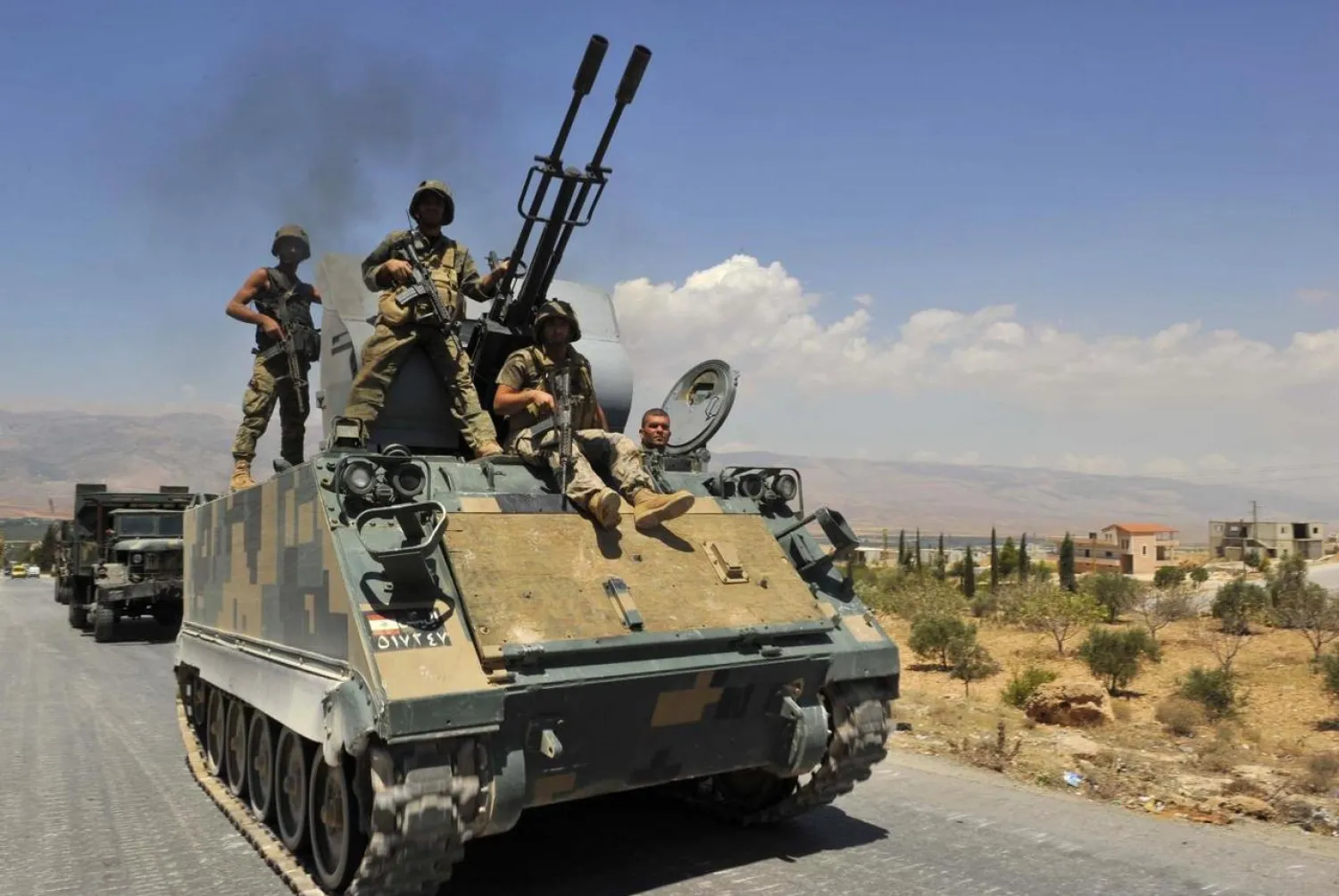The problem of fuel and flour smuggling from Lebanon to Syria requires bold political decisions, a Lebanese cabinet minister who participated in the meeting of the Higher Defense Council this week, has said.
The minister, who refused to be identified, told Asharq Al-Awsat newspaper in remarks published Saturday that fighting smuggling to and from Syria is not only a security problem.
“It’s up to the Lebanese army to control the border but the government’s attempts to stop smuggling would not succeed without coordination with Syria,” said the minister.
The cabinet on Thursday ordered the seizure of all goods illegally entering or leaving Lebanon. Its decision came after a meeting for the Higher Defense Council was chaired by President Michel Aoun to discuss the closure of illegal crossings on the border with Syria.
The security and economic control of the crossings will not take place if more than new legal crossings - having a presence for the General Security Agency and Customs agents - are not established, said the minister.
But this should come along with a similar move by the Syrian regime on the other side of the Lebanese border.
According to the minister, Damascus has been pressing Beirut politically and economically for the normalization of relations between them.
The border between the two countries has been closed in a bid to stop the spread of the novel coronavirus.
But the mountainous region is difficult to control and Syria's war has seen a surge in smuggling activity.
Asharq Al-Awsat learned from ministerial and parliamentary sources that Lebanese army units have so far established a presence at more than 200 sites along the border with Syria.
It has also been carrying out patrols and erecting mobile checkpoints, the sources said.









